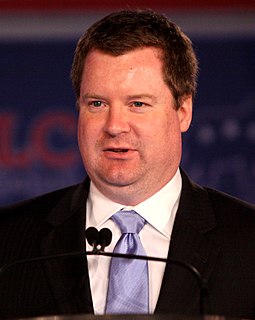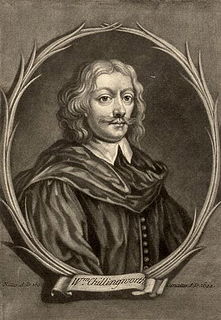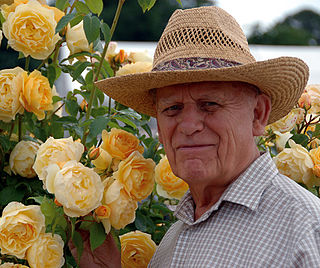A Quote by Alfred North Whitehead
Nature gets credit which should in truth be reserved for ourselves: the rose for its scent, the nightingale for its song; and the sun for its radiance. The poets are entirely mistaken. They should address their lyrics to themselves and should turn them into odes of self congratulation on the excellence of the human mind.
Related Quotes
Children should be encouraged to search out in nature the objects that illustrate Bible teachings, and to trace in the Bible the similitudes drawn from nature. They should search out, both in nature and in Holy Writ, every object representing Christ, and those also that He employed in illustrating truth. Thus may they learn to see Him in tree and vine, in lily and rose, in sun and star. They may learn to hear His voice in the song of birds, in the sighing of the trees, in the rolling thunder, and in the music of the sea. And every object in nature will repeat to them His precious lessons.
Is it not manifest that our academic institutions should have a wider scope; that they should not be timid and keep the ruts of the last generation, but that wise men thinking for themselves and heartily seeking the good of mankind, and counting the cost of innovation, should dare to arouse the young to a just and heroic life; that the moral nature should be addressed in the school-room, and children should be treated as the high-born candidates of truth and virtue?
And with a few moments like that, with doubt from here and there, and within ourselves we were just striving for excellence. We had somehow understood and felt that all the musicians who would come to the House later on, that all the singers, the big artists, were striving for excellence in their life and we thought a house for them, there’s no limit to the excellence it should have because it should match their strive for perfection
Error is a supposition that pleasure and pain, that intelligence, substance, life, are existent in matter. Error is neither Mind nor one of Mind's faculties. Error is the contradiction of Truth. Error is a belief without understanding. Error is unreal because untrue. It is that which stemma to be and is not. If error were true, its truth would be error, and we should have a self-evident absurdity -namely, erroneous truth. Thus we should continue to lose the standard of Truth.
To see ourselves as others see us can be eye-opening. To see others as sharing a nature with ourselves is the merest decency. But it is from the far more difficult achievement of seeing ourselves amongst others, as a local example of the forms human life has locally taken, a case among cases, a world among worlds, that the largeness of mind, without which objectivity is self-congratulation and tolerance a sham, comes.
The historian should be fearless and incorruptible; a man of independence, loving frankness and truth; one who, as the poets says, calls a fig a fig and a spade a spade. He should yield to neither hatred nor affection, not should be unsparing and unpitying. He should be neither shy nor deprecating, but an impartial judge, giving each side all it deserves but no more. He should know in his writing no country and no city; he should bow to no authority and acknowledge no king. He should never consider what this or that man will think, but should state the facts as they really occurred.
Truth should be the first lesson of the child and the last aspiration of manhood; for it has been well said that the inquiry of truth, which is the love-making of it, the knowledge of truth, which is the presence of it, and the belief of truth, which is the enjoying of it, is the sovereign good of human nature.
Christians should not be hostile, they should not hate, they should not judge, and they should not condemn. But they also must not shy away from real Truth and real Christianity. Just because so many have “itching ears” and “will accumulate for themselves teachers to suit their own passions” does not mean Christians should be willing to scratch that itch.
Everyone agrees that a secret should be kept intact, but everyone does not agree as to the nature and importance of secrecy. Too often we consult ourselves as to what we should say, what we should leave unsaid. There are few permanent secrets, and the scruple against revealing them will not last forever.
If men do their best endeavours to free themselves from all errors, and yet fail of it through human frailty, so well I am persuaded of the goodness of God, that if in me alone should meet a confluence of all such errors of all the Protestants in the world that were thus qualified, I should not be so much afraid of them all, as I should be to ask pardon for them.
A universe without purpose should neither depress us nor suggest that our lives are purposeless. Through an awe-inspiring cosmic history we find ourselves on this remote planet in a remote corner of the universe, endowed with intelligence and self-awareness. We should not despair, but should humbly rejoice in making the most of these gifts, and celebrate our brief moment in the sun.








































